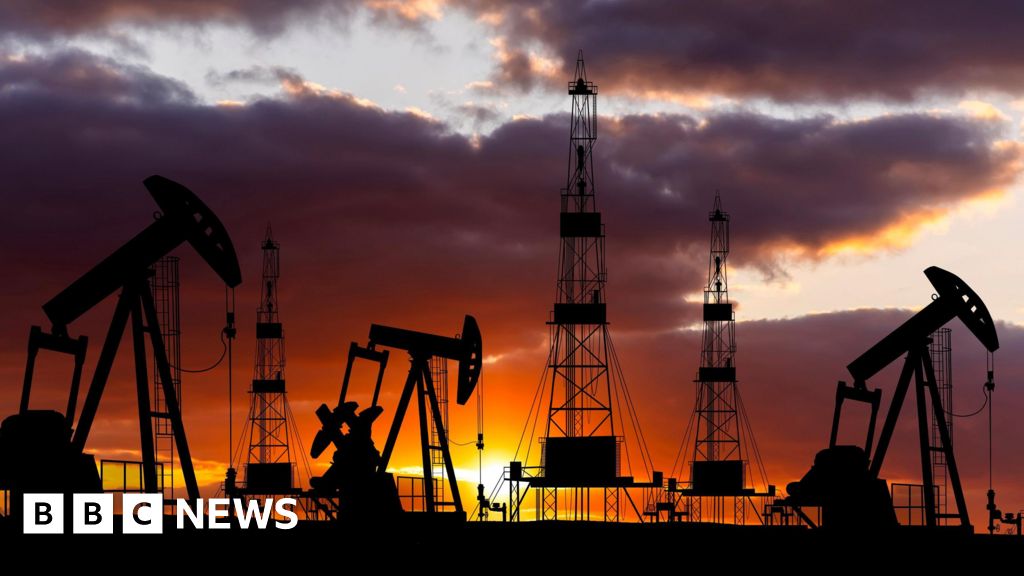Energy Secretary Ed Miliband has called for countries to cooperate to reduce the risk to global energy supplies.
He was speaking at the opening of a two day summit on energy security in London, which is being attended by delegates from more than 50 governments, including the US and the EU.
Miliband also warned of the risks from energy being “weaponised”, seen as a reference to the impact of the Russian invasion of Ukraine on gas prices.
Delegates will be discussing how to reduce the mounting risks to energy arising from the wars in Europe and the Middle East, the ongoing trade war between the US and China, extreme weather, attacks on undersea cable and cyber warfare.
In his opening remarks, Ed Miliband said he recognised the value of fossil fuels in the energy mix but made clear that, at least for the UK, the future of energy is low-carbon.
He said this was not just to help tackle climate change but also to achieve energy security.
The summit is being co-hosted by the UK and the International Energy Agency (IEA). The head of the IEA, Fatih Birol, told the BBC ahead of the summit that there was increased “international fragmentation” leaving countries unable to solve the biggest risks to energy security.
“Instead of cooperation, we see countries are really challenging each other. In my view the lasting solution to energy security challenges goes through cooperation among the countries.”
He did not blame any countries specifically for a breakdown in relations, but energy prices have been particularly impacted by the war in Ukraine and US President Donald Trump’s recent trade war.
Global gas prices spiked following the Russian invasion of Ukraine and have remained nearly 50% higher than pre-Covid levels.
Europe was initially able to plug the shortage of gas, following sanctions of Russia, by purchasing LNG from the US. But that supply is now under threat as relations between the bloc and President Trump worsen.
The US is attending the summit, which should be seen as a “success” according to Mr Birol. But the Trump administration has been highly critical of the global energy watchdog for its promotion of clean energy and forecasting declines in oil and gas.
Many think tanks and researchers have defended the IEA’s position.
“On the big calls – like the future of global oil demand – the IEA has consistently proven a more reliable forecaster than fossil fuel companies,” said Laurence Tubiana, CEO, of the European Climate Foundation
“As countries come together to shape a new energy security paradigm, they need unbiased, dependable data on the future direction of energy,” he added.
Miliband also read out a letter from King Charles III.
“As we all navigate the transition to cleaner energy for our planet and energy security for our citizens, summits such as these are of vital importance in facilitating shared learning between nations, particularly those in the global south and across the Commonwealth,” King Charles wrote.
The UK government wants 95% of Great Britain’s electricity mix to come from clean energy by the end of the decade – currently this stands around 60%.
Miliband told the BBC’s R4 Today programme that this would guarantee lower energy bills by 2030.
